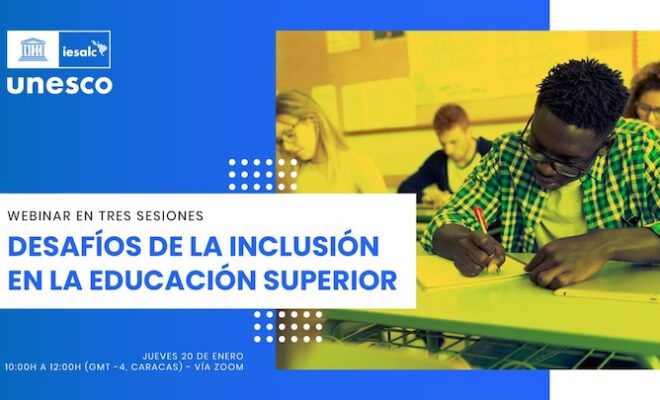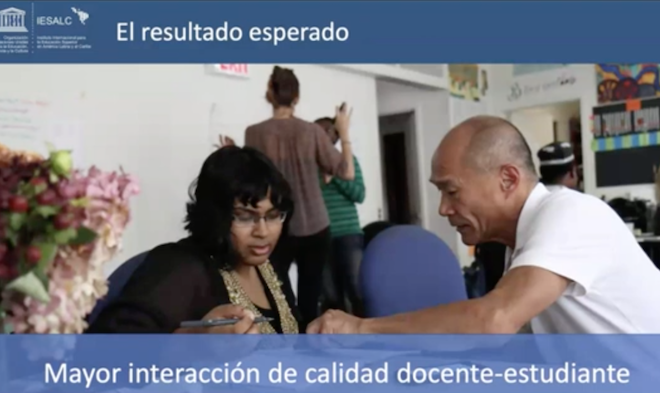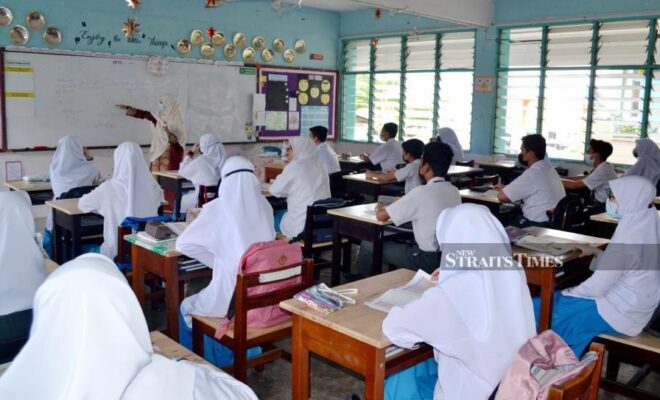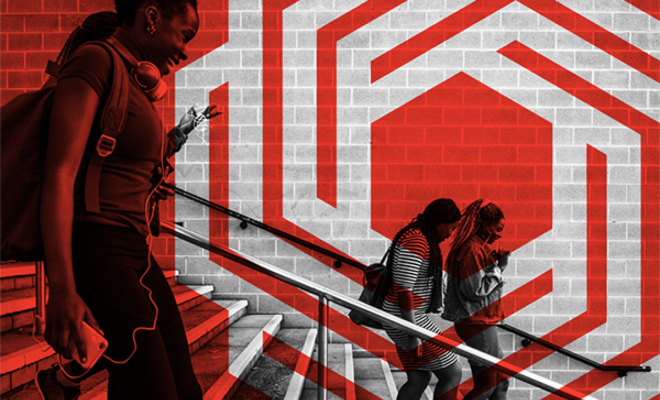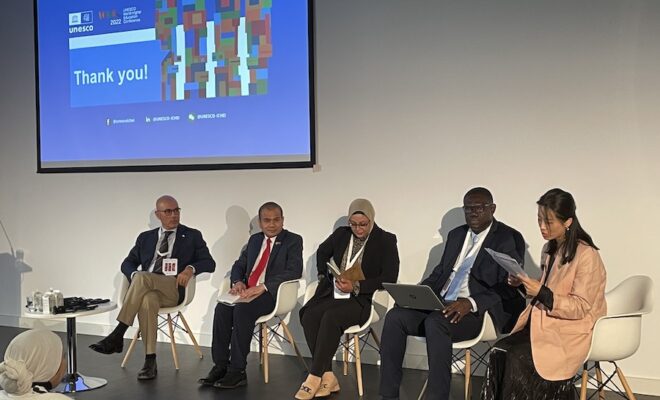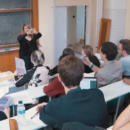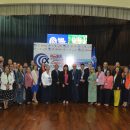“There is a triple disconnection in higher education”, Francesc Pedró

At the TICAL Conference and the Latin American e-Science Meeting held online on September 2nd, UNESCO IESALC’s director Francesc Pedró said that there is currently a triple disconnection in higher education. These are: 1) a technological disconnection, since only 51% of households have connectivity; 2) a personal disconnection, due to the low capacity for self-regulation of learning and the socio-emotional drifts that students present today; 70% claim to be suffering from stressful situations, while 1/3 say they have episodes of extreme anxiety that require psychological and medical intervention, and 3) a pedagogical disconnection, because the pedagogical proposal is inappropriate for the channel and context that is being experienced today as a result of the COVID-19 pandemic.
Several devastating effects arise from these three disconnections such as the loss of learning, with at least a 15% loss of competencies; the loss of students, mainly the most vulnerable: it is estimated to vary between 3 and 10% of the total; and the loss of equity, widening the differences between quartiles, mainly in the loss of female students and scientific production by female academics.
In his opinion, the way out for this great challenge lies in a much debated, but still misused tool: artificial intelligence (AI). “With the use of AI we can advance in diagnosing what is happening and giving each of the students what is needed. It is also necessary to convince teachers about the importance of the resource and support them in the process of adopting these learning technologies”, he concluded.
For Pedró, artificial intelligence is not enough, “It is essential to go a step further; we must generate opportunities within higher education institutions, convince teachers that it is easy to use technologies and that they allow for greater efficiency. It is important to generate local evidence of comparison to confirm their good use, and to refurnish ourselves ethically”.
To see the video and for more details about the event, read the note published by Red Clara.
RELATED ITEMS
